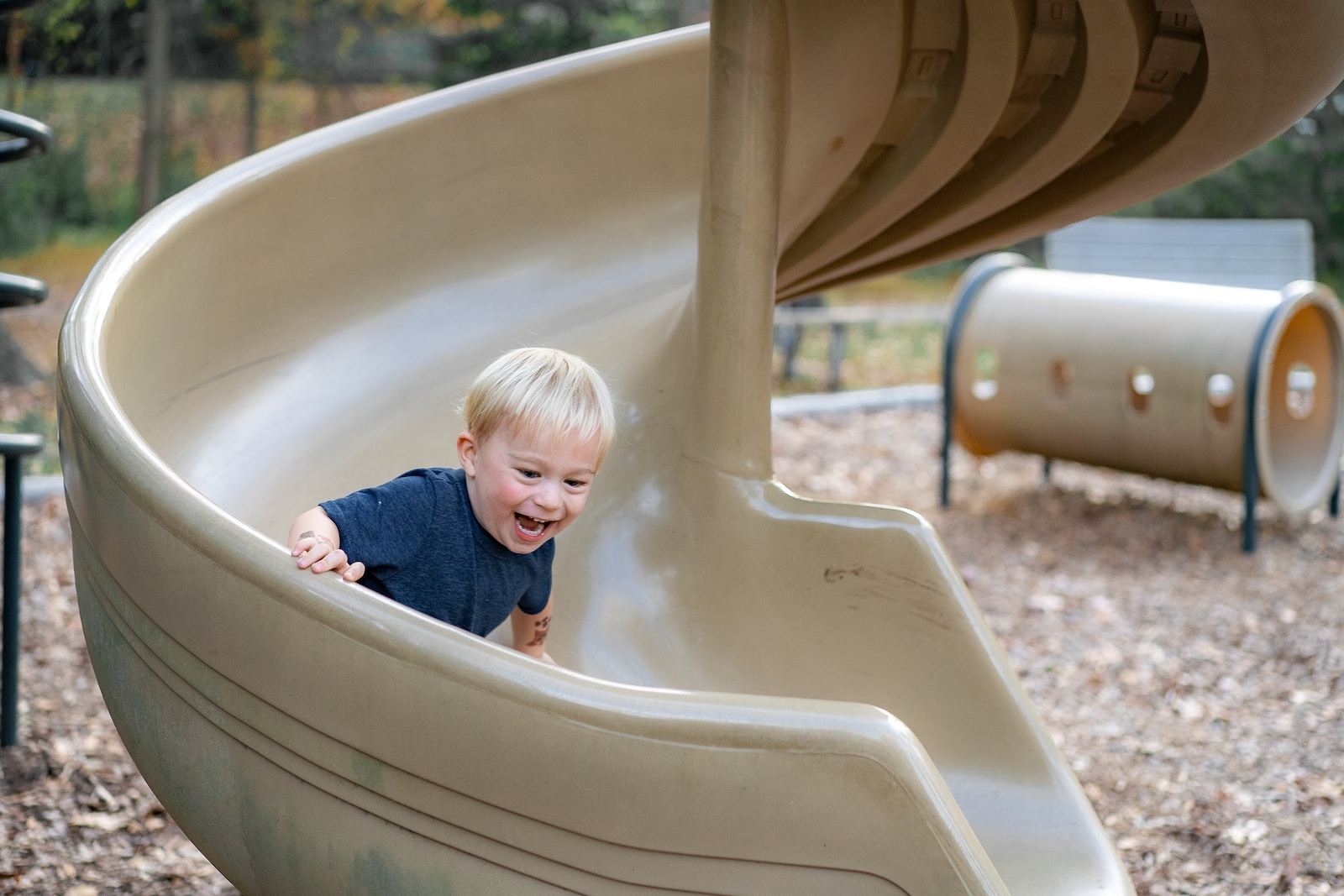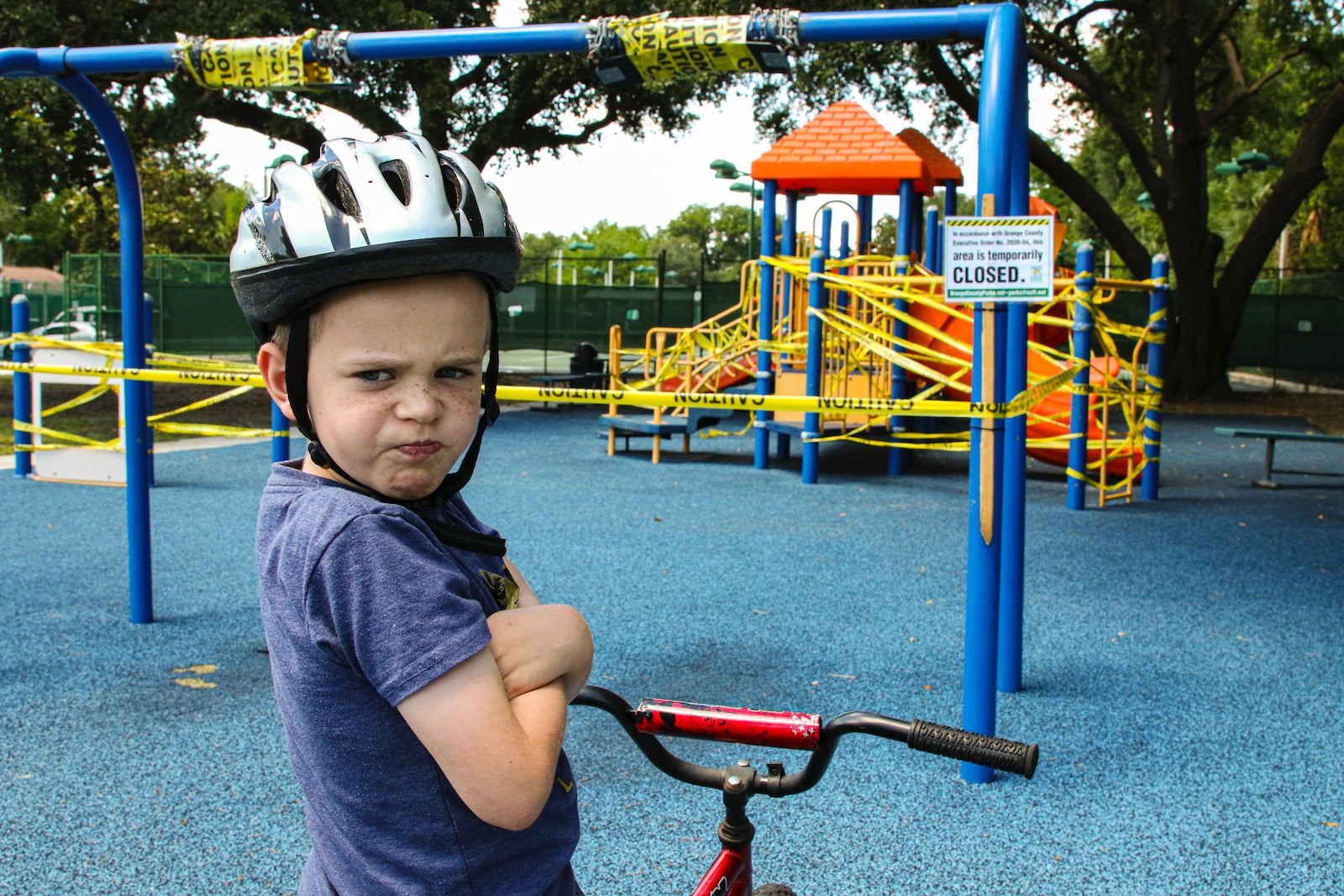Abstract
This paper examines outdoor risky play practices in an early childhood centre in Australia. Few studies have focused on how infants-toddlers engage in everyday outdoor risky practices. The study is informed by the theory of practice architectures to analyse outdoor risky play practices. Outdoor risky play practices are analysed through infant-toddlers encounters in the outdoor environment through cultural-discursive, material-economic, and social-political arrangements. The focus of this article is to explore how the outdoor environment enables and constrains infants’ risky play practices. This paper reports on a four-month research study with infant-toddlers, where video observations were undertaken with Isaac, an 18-month old toddler. The findings show that Isaac’s encounters with a big slide in the outdoor environment provide a vibrant material-economic arrangement for enabling his risk-taking. Infant-toddler’s agentic capacities for risky play involve relating by observing peers and risky doings by slowing down on the slide. The findings have implications for early childhood educators; for example, encouragement and support from educators, and the provision of a vibrant outdoor environment for risk-taking.
Journal: Journal of Outdoor and Environmental Education
Year: 2023


